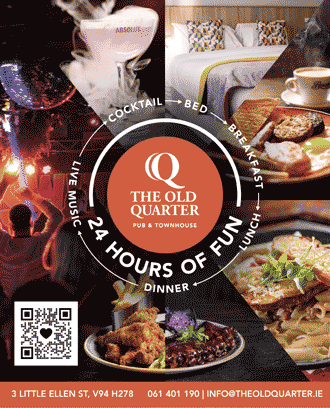
These cons include:
– Buying ‘fracture-filled’ diamonds, which are difficult to detect when new, but are worthless.
– Paying over the odds for diamonds thought to be a bargain. Haggling from €10,000 down to €4,000 when you’d probably buy it for €3,000 in Limerick, yet holidaymakers often trust fraudsters who would have taken twice the money off them five minutes previously.
– Buying diamonds with strong fluorescence or with high colour and clarity but with poor cut grades, these diamonds sound good but are dull and lifeless, with no sparkle.
– Buying diamonds accompanied by fake or inaccurate diamond certificates. Gradings on certificates are “bumped up” and don’t resemble the diamond they receive in any way.
– Buying flawed or diamond rings so badly set that they cannot be re-sized for fear of falling apart when worked on. Very often small diamonds are even glued in.
– The old diamond-switching trick – you pay for one stone and get another.
– Diamond, CZ or moissonite? Beware buying a €2 Cubic Zirconia for €2,000, we are told ‘it happens’.
– Colour or clarity enhanced stones under high pressure and temperature look well for a few months but soon start to lose their sparkle
Limerick jeweler Matthew Ryan of Matthew Stephens Jewellers had the following advice: “Never buy on the spot. If very interested, have a think about it and do some research on the store. If you feel there is a risk, leave it behind.”
He continued, “Avoid the so called ‘diamond districts’ in New York, Antwerp, Dubai and Turkey. No jeweller buys on the street level. All the actual trading at wholesale prices takes place in high-security buildings hidden from the public. Be wary of charming, over-friendly salesmen – fraudsters are very articulate and skilled professionals. You will most likely get ripped off, by the very best.”
“Over the past year I have met a number of customers who have bought their diamonds overseas or over the internet. Others have purchased from travelling traders who set up in a hotel for a few days then leave town. Customers tell me they saw the same ring they bought for €10,000 on sale in Limerick for €13,000. But nine times out of ten when I inspect these diamonds they are a very poor grade, seriously over-valued, generally accompanied with a fake certificate and/or the diamond is actually fracture-filled” said Mr Ryan.
And the moral of the tale? ‘Caveat emptor’ – let the buyer beware. If the price of a ring or piece is too good to be true, then it probably is.







